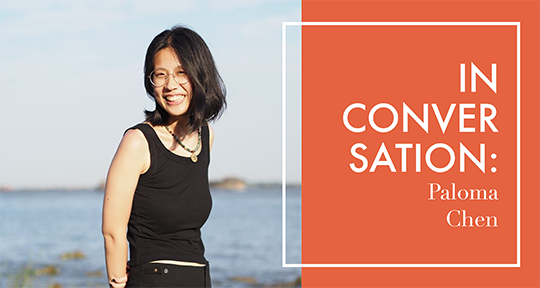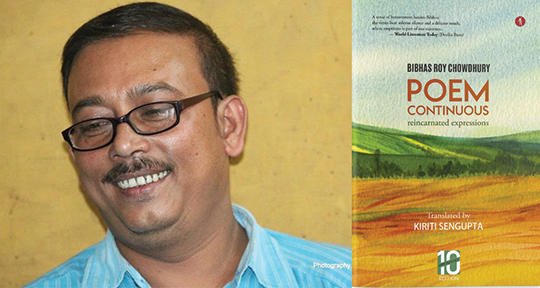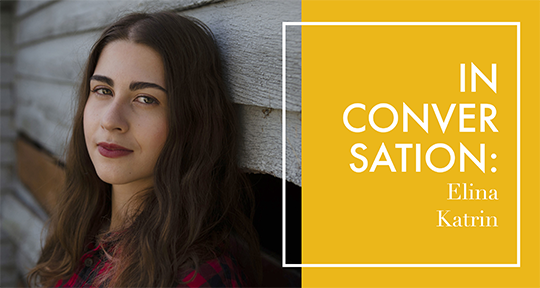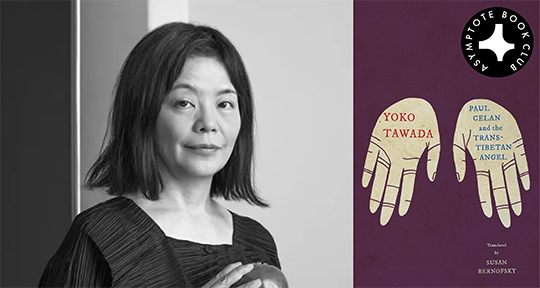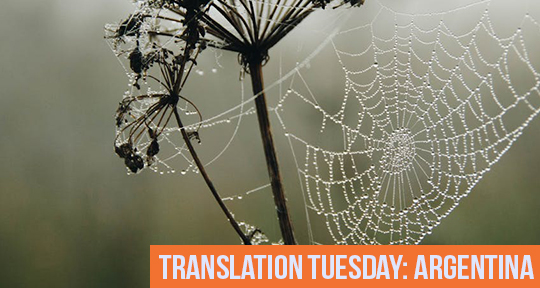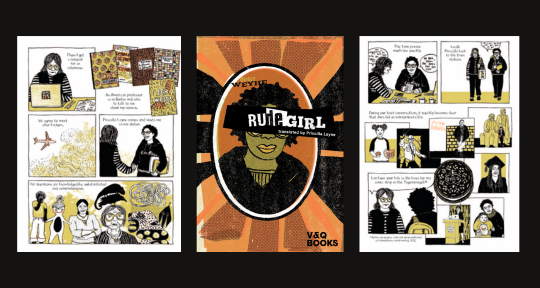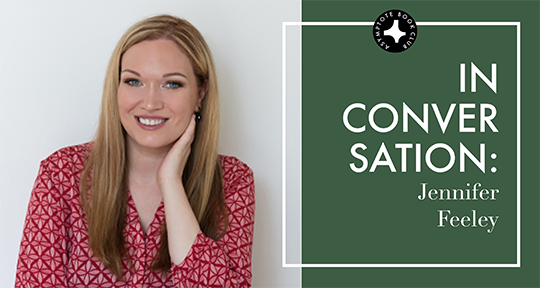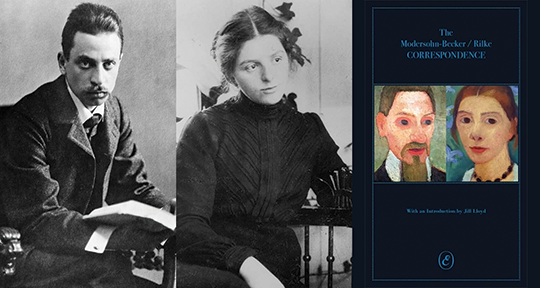Born in Alicante, Valencia, poet, researcher, and journalist Paloma Chen dedicates herself to advancing migrant justice in Spain. Her first collection of poetry, Invocación a las mayorías silenciosas (Calling On All Silent Majorities, Letraversal, 2022), explores the depths and diversity of the Chinese diasporic experience in Spain through a kaleidoscope of voices, encompassing mothers, daughters, sisters, and lovers, while at the same time always challenging the suppositions of language. “Shanshui Pixel Scenes 山水像素场景,” published as an app in 2023 and translated by Paloma and her colleagues into Catalan, Mandarin, and English, renews the form of 山水诗, or “poetry of mountains and waters,” by pairing pixel art depicting scenes from China and the Chinese diaspora with poems that deepen the speaker’s relationships with their multiple and ceaselessly transforming selves. In the following interview, I spoke with Paloma about the importance of orality and quotidian language in her poetry, writing in community, and the multiplicity of the self.
Julia Conner (JC): In your essay “No tengo más que una literatura y no es la mía.” you mention how you envision Invocación embodying a Chinese diaspora collection of poetry, much like Sally Wen Mao’s Oculus being an Asian American poetry collection. When writing Invocación, how did you imagine your work in conversation with previously published literary works, both from Spain and abroad?
Paloma Chen (PC): I really like Asian-American poets like Sally Wen Mao, Marilyn Chin, Franny Choi, and Li-Young Lee, so their poetry was a great inspiration for me, as I wanted to write in Spanish, for readers in Spain, but taking into account my Chinese roots. Most of their works were truly enlightening and helped me build my own poetic language. I was trying to carve out a little space, one in which I can also find poets like Berna Wang, Minke Wang, Ale Oseguera, or Gio Collazos, that I could find liberating, one in which I could express the complexities regarding identity that I was all these years reflecting about. There is no me without all those before me, and all those walking with me right now. There is no Invocación without all the amazing books and artwork I had the privilege to encounter, without hundreds of fruitful conversations and lived experiences. I was writing for my friends, the amazing community of artists and activists, not only from the Chinese community, but from the anti-racist, feminist, Queer movements present in many places. I did not know if my book, which I thought was a very specific work by a Spanish-Chinese girl talking about her reality growing up in a little restaurant in rural Spain, could have the potential to connect with readers abroad, but I am happy to know that maybe it has.
JC: Many of your poems from Invocación center on speech and communication, fluency, disfluency, and the function of language. “Pero habla,” for example, repeats the visually interrupted line “pala/bras part/idas que hi/eren.” Your work also has powerful oral and rhythmic qualities to it. How do you see the relationship between the themes of your work and your poetry’s orality and visual form on the page?
PC: I guess that for a writer and a poet, reflecting about language itself is quite common. In my specific case, reflecting about identity inevitably leads me to reflect about language, as identities, languages, and cultures are so closely interrelated. Also, I do not think poetic language is that different from the quotidian tool we use to communicate daily. Our every-day interactions are full of poetry. The fact that in my normal life I am used to thinking about communication, fluency, and disfluency doubtless permeates my writing. I have always struggled to communicate, to express myself in the way that society demands me to. I studied journalism at university because I was truly worried about it back then. Some people think of me as being quite shy sometimes but, in a huge contrast, quite expressive in my poetry. For me, writing poetry is establishing a conversation with another true self, a self empowered by voice, body, presence, rhythm, a self that is connected with the environment and less in its own head. Because I value orality, I like to experiment also with the visual form of the verses in the page, so the reader can also have some visual clues of tones, silences, vibrations, etc.
READ MORE…


